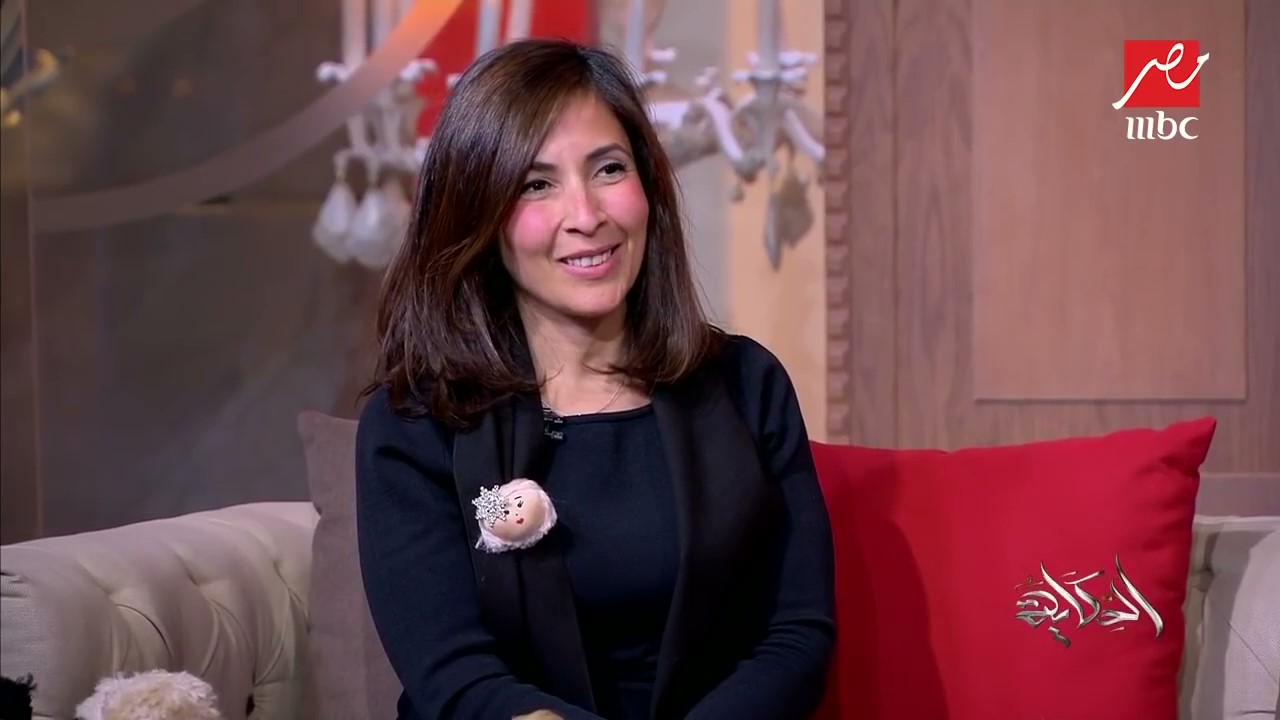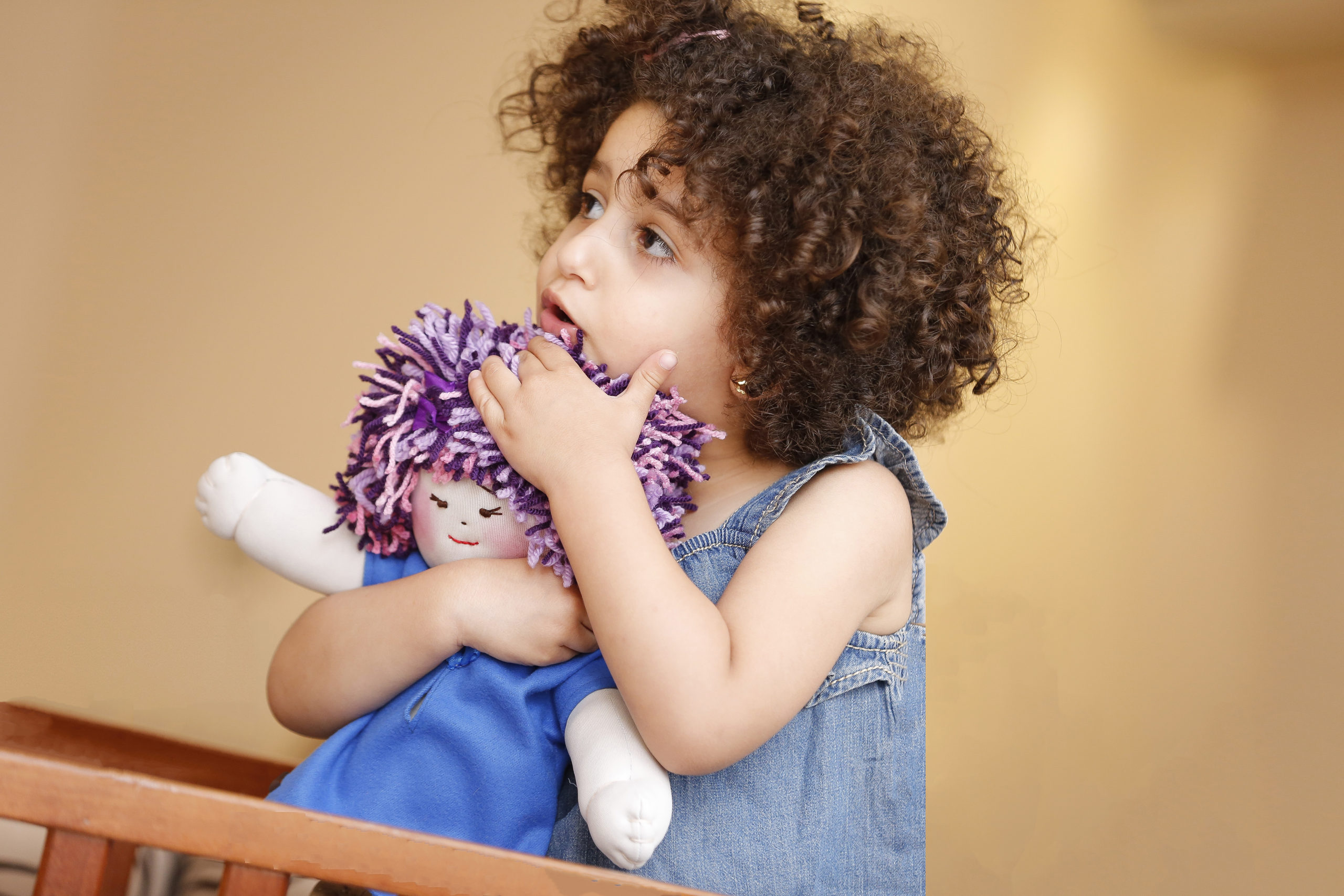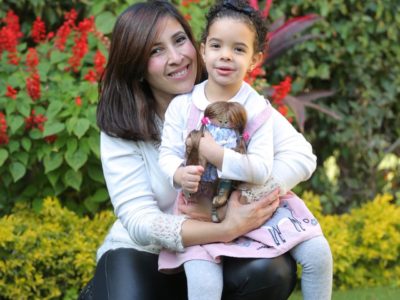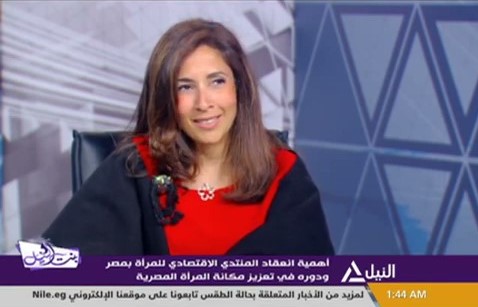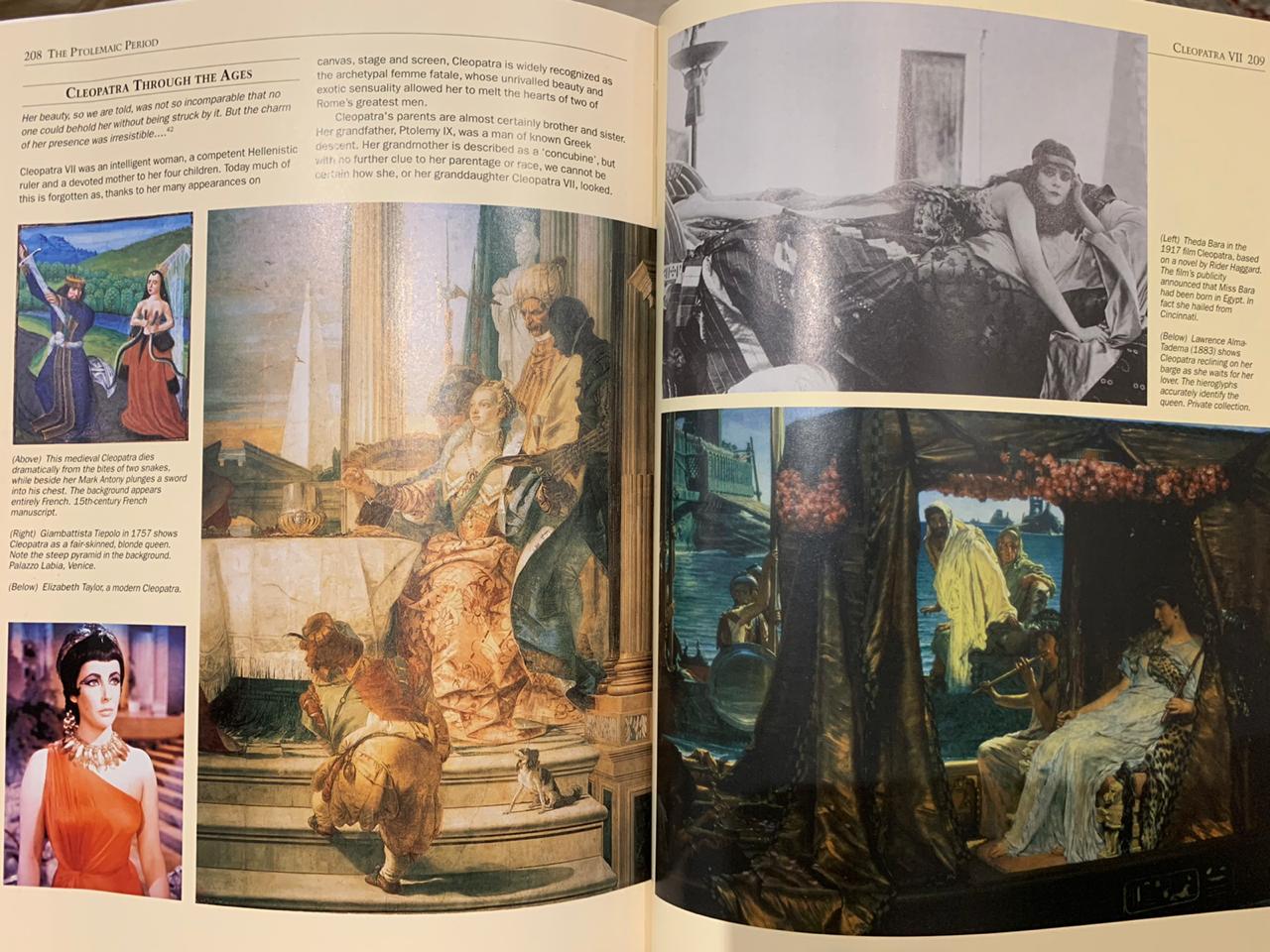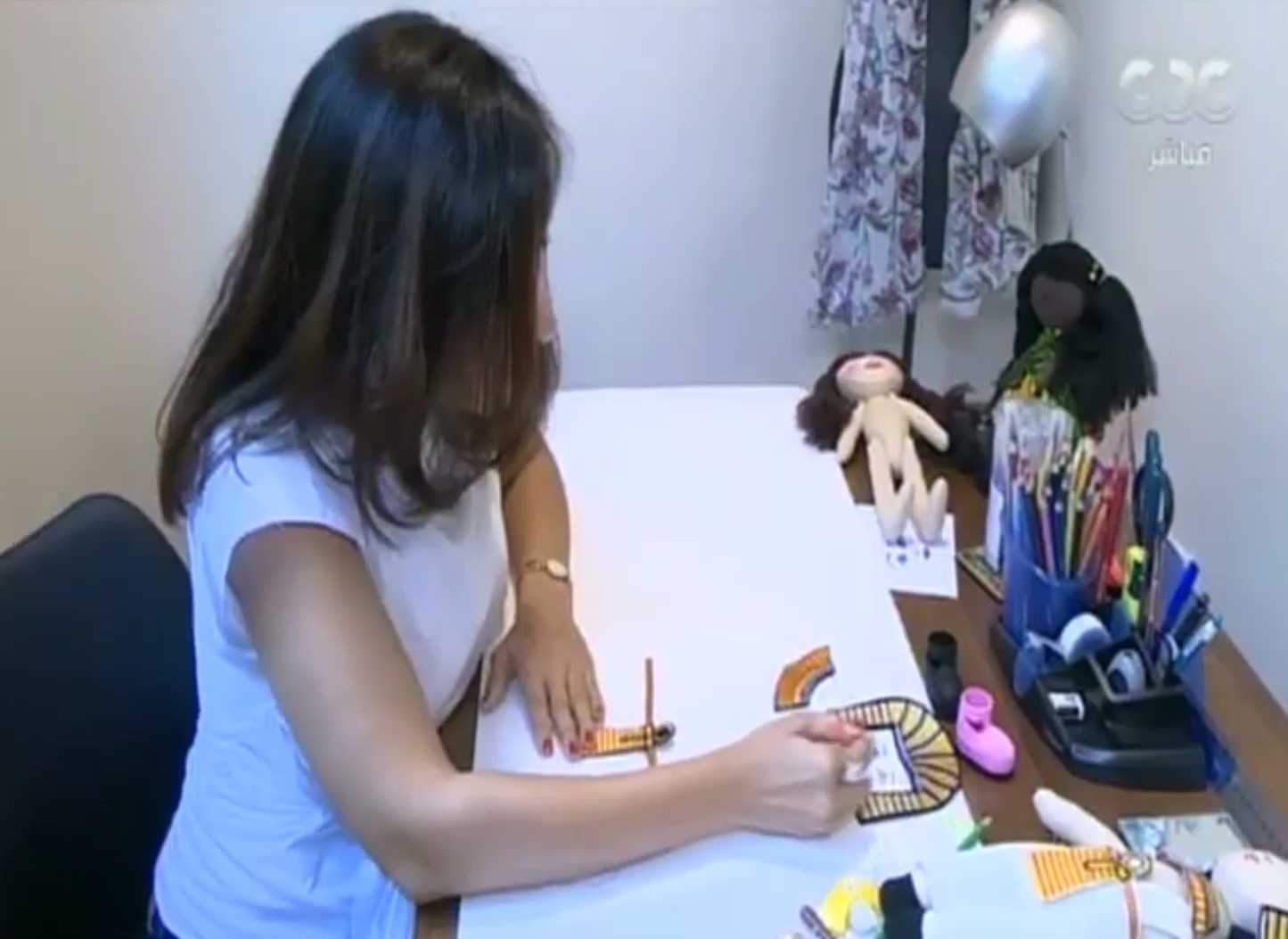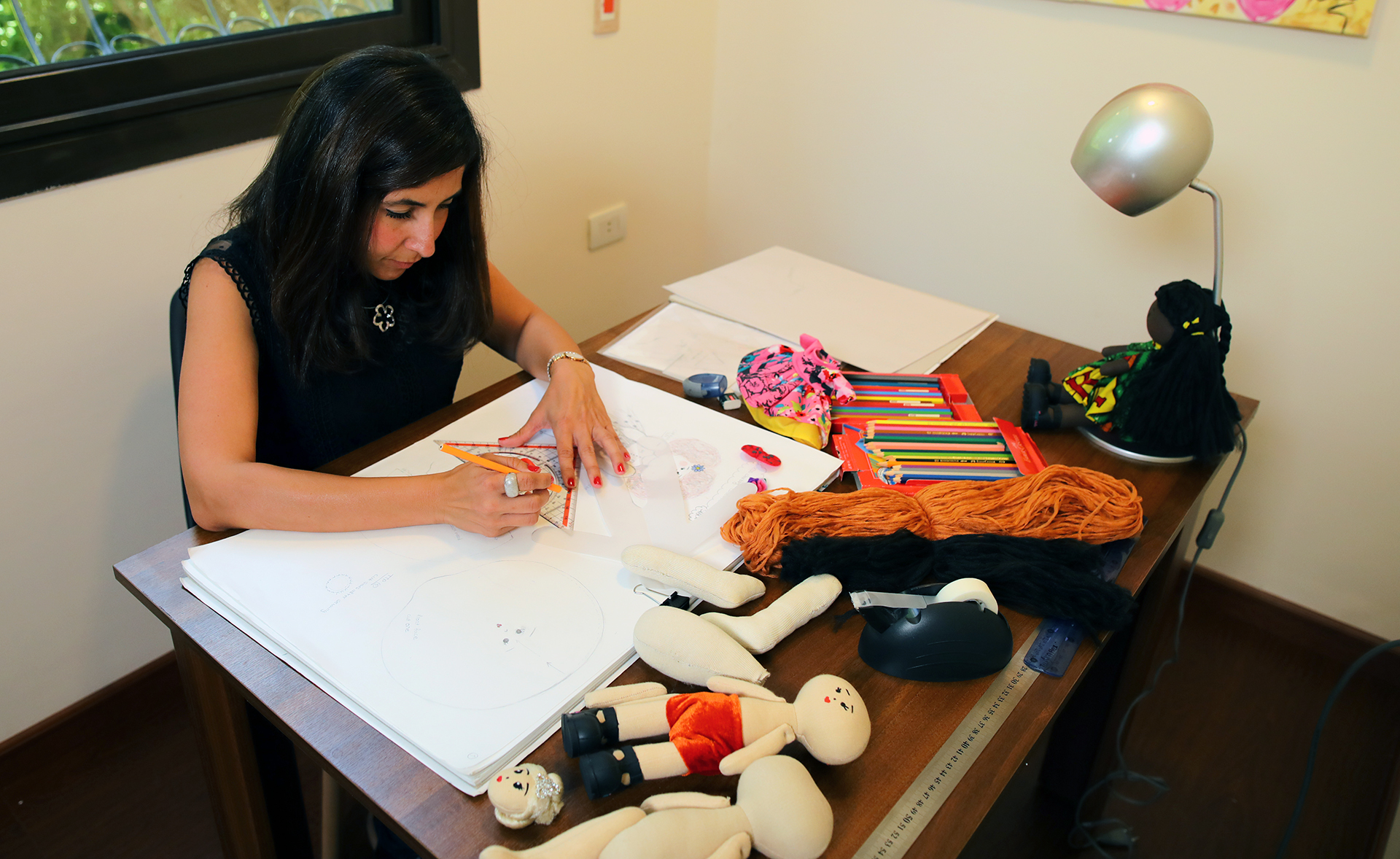
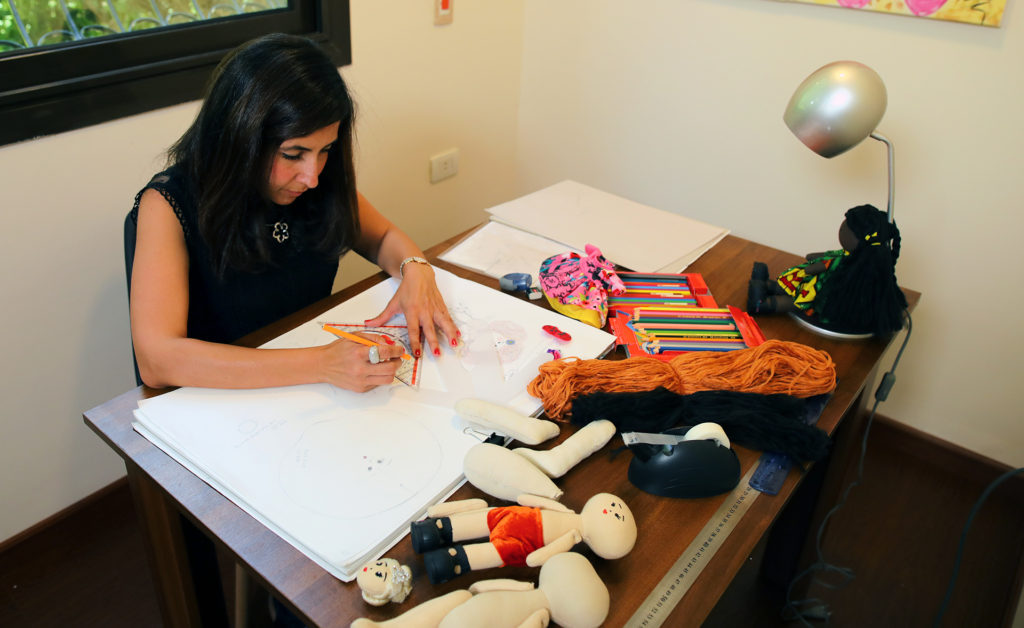
After 12 years in the Ministry of Telecommunications, Passant Saied decided to send her notice and open up a doll factory. “There’s a policy against running a business while working in the government,” Saied tells Startup Scene. “And in order for the doll-making project to have grown, I had to establish a company.”
In 2015, Shorouk Newspaper revealed that the market size of the toy industry in Egypt is valued at EGP 20 million, and 90% of it is Chinese. “I believe that the market is big enough to supplement and by time we wouldn’t need to export,” Saied says, who plans to contribute on a larger scale to the soft toys industry in Egypt.
In July 2017, Saied left her job in the Technology Innovation and Entrepreneurship Centre (TIEC) and launched PAF Dolls, which stands for Passant Art Factory, based out of her house. “I allocated an amount, EGP 5,000 with which I made around 60 dolls,” she says, reminiscing at the memory of her pilot phase. “Of course, that was a small amount of money for making 60 dolls because the material was not expensive considering that this batch was a pilot.”
Following a stage of trial and error, Saied started going to bazaars and found demand on her dolls. She couldn’t supply the demanded quantity at the requested time because she only had two hands. She had to get people on board, and that was how her small home-based business started to take shape of a scalable startup.
Saied’s startup doesn’t only breathe life into the dying craftsmanship of handmade dolls, it is also a reminder for people at all ages to be gentle, kind, and loving. PAF’s dolls are branded by heart-shaped lips which symbolise love in all its forms, which accentuates PAF Dolls’ slogan, “Make your words blossom with love and cherish your inner child.”
Her love for doll-making was nurtured from a very young age. When everyone her age would collect stamps and coins when they travelled, Saied made a habit out of collecting dolls. When she decided to start making her own dolls, she began with a 30-centimetres doll. Then Saied started tailoring different clothes depending on the season and event. Then, she introduced the doll to fashion. She made a collection of a palm-sized brooches to be pinned to blazers or handbags. “It took us maybe six months between each product, but now the duration became a lot shorter,” she says.
Carrying entrepreneurial experience from TIEC, Saied made sure to back her business model with technology and developed an innovative e-commerce platform through which she sells her products complimenting her startups’ offline presence in stores such as Diwan Book store and Virgin Mega Store. A few weeks ago, she even launched a showroom where she displays her diverse lines of products; from the classic stuffed handmade doll to the school bag, the latest addition to PAF’s portfolio.
On the website, customers can also customise their own doll via a gamified interface. But to involve customisation, she had to exclude the handmade process and make it a printed doll. Other than the buttons and shoes, the rest of PAF Dolls’ products are 100% handmade. “I really like the outsourcing model, and I find it the best model for this startup,” reflects Saied, who supervises several outsourced handicrafters across Egypt, in addition to a team of around 10.
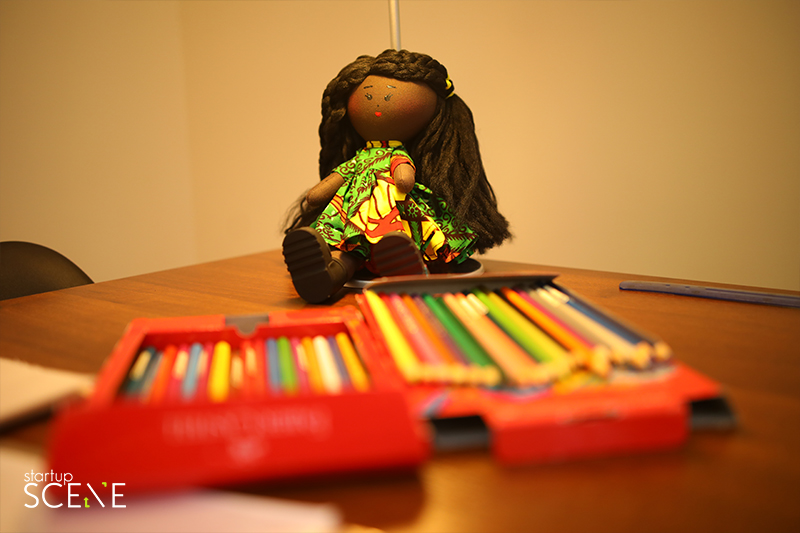
“One of the very important steps of launching a startup is partnerships,” says Saied. Being well connected among the entrepreneurial scene and socialites, her paths crossed with those of celebrities like Ragaa El-Giddawy and Amr Adib and asked them to become brand ambassadors and wear the PAF brooches on air to get more exposure.
Saied is also very fond of up-cycling and wants to take part in the green revolution spiraling in Egypt. So, she struck a deal with the iconic homegrown fashion brand Marie Louis and had them send PAF Dolls their fabric waste and PAF’s artisans turned them into dresses and garments for the dolls. With that deal, Saied killed two birds with one stone, selling her products co-branded as brooches pinned in Marie Louis bags and blazers in addition to becoming part of the up-cycling movement.
Later, when the Marie Louis deal proved its success, Saied decided to kill three birds with one stone. She took cuts from a Ghanian brand called Sa4a, turned them into dresses for a collection of dolls made especially for the African Cup that took place in Egypt; paving a road for potential expansion and collaboration in Africa.
“A lot of people like handicrafts. Be it a hobby or a job, the handicrafter does what he does out of real passion. So, I don’t ever see it fading out,” Saied concludes.

